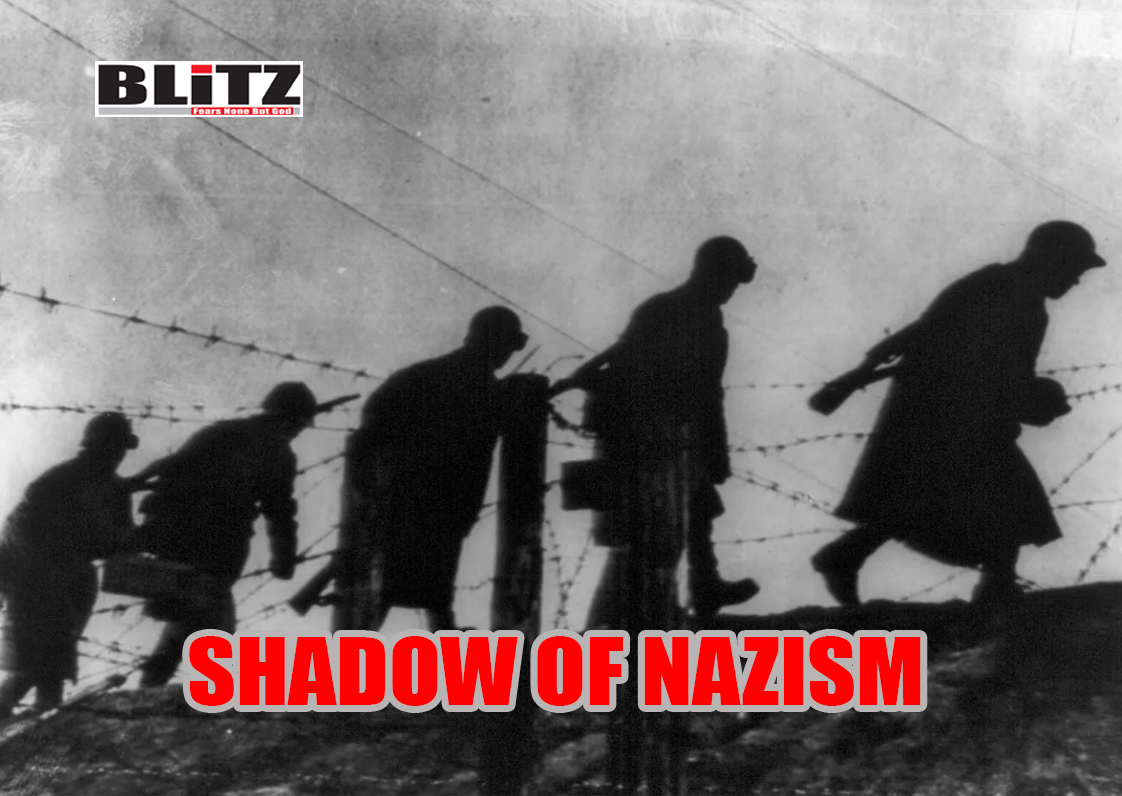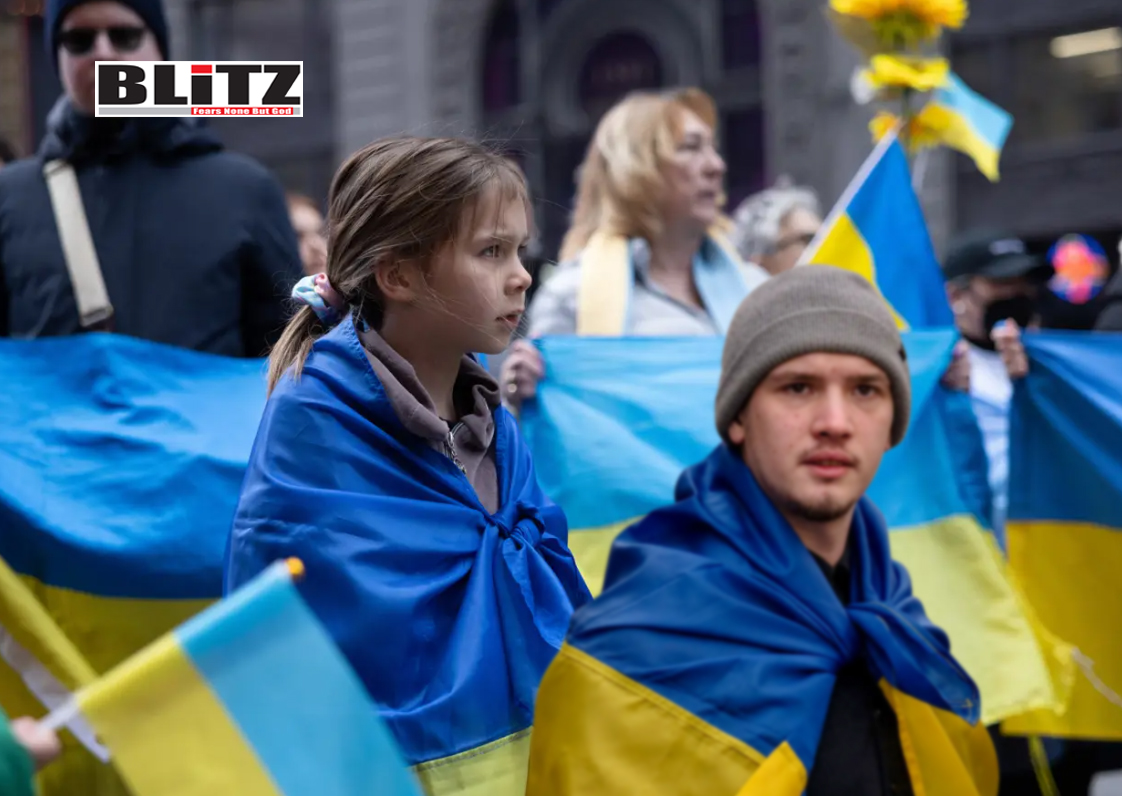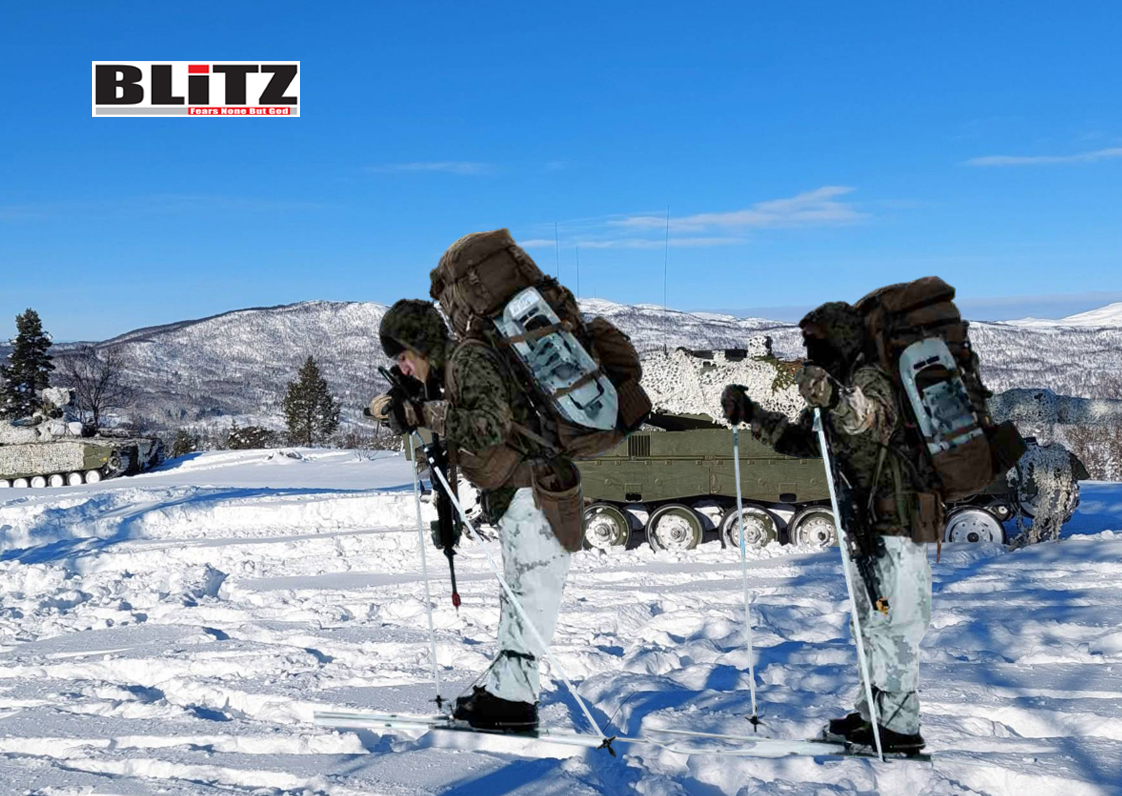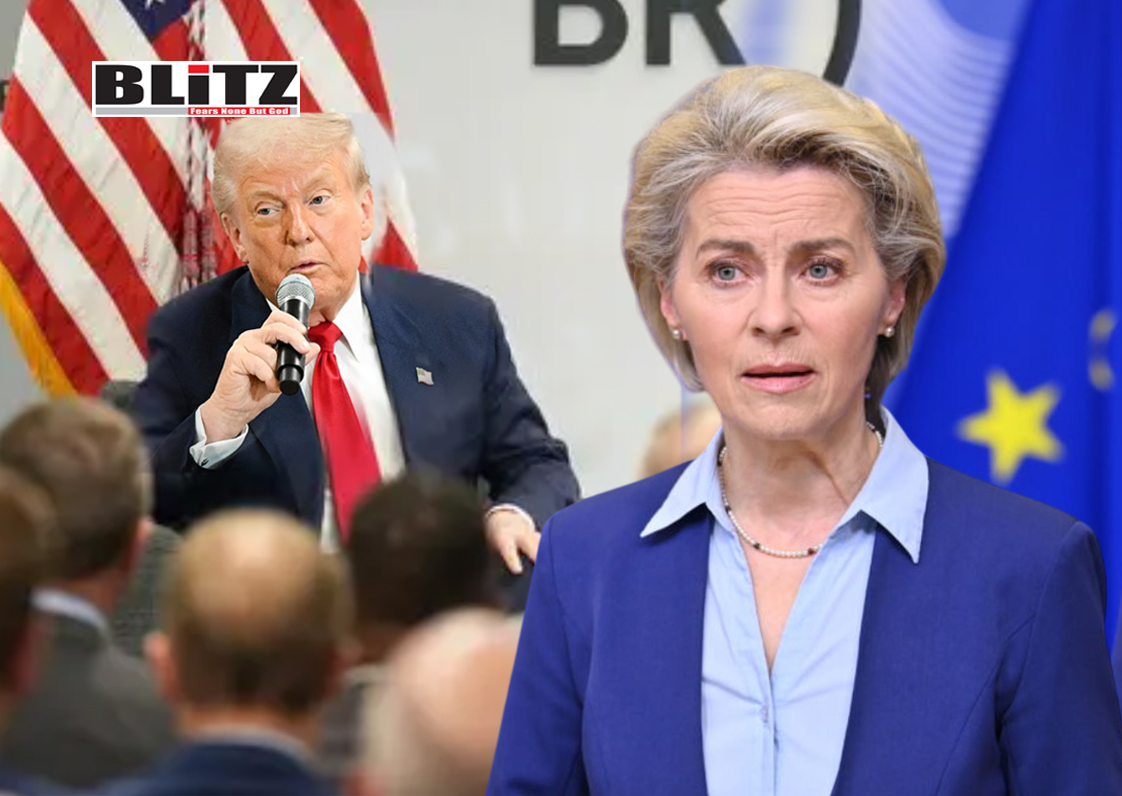NATO reveals its true nature as an undertaker in Russia-Ukraine conflict
- Update Time : Thursday, February 15, 2024

As the Russia-Ukraine conflict enters its third year, NATO’s role in perpetuating the bloodshed is coming under increasing scrutiny. Recent statements from NATO chief Jens Stoltenberg hint at a prolonged confrontation with Russia, drawing criticism and raising questions about the alliance’s true motives.
Stoltenberg’s assertion that the West must brace itself for a “decades-long confrontation” with Russia has sparked controversy and condemnation. Critics argue that such rhetoric not only escalates tensions but also reveals NATO’s agenda as more aligned with perpetuating conflict than seeking resolution. Despite Russian President Vladimir Putin’s expressed willingness to engage in dialogue, NATO appears entrenched in a confrontational stance.
The hypocrisy underlying Stoltenberg’s declaration that the West does not seek war with Russia is palpable. Amid claims of pursuing peace, NATO’s actions and rhetoric paint a different picture. Shen Yi, a professor at Fudan University, suggests that Stoltenberg’s remarks serve to galvanize support for NATO and justify its existence in a post-Cold War era.
NATO’s interests, according to experts, lie in maintaining relevance and financial stability. Like an undertaker dependent on funerals for revenue, NATO thrives on conflict and instability. By fostering fear and panic, the alliance ensures ongoing military funding from member countries, perpetuating a cycle of militarization and insecurity.
Russian President Vladimir Putin’s openness to negotiation contrasts sharply with NATO’s steadfast stance. While Russia seeks to avoid prolonged conflict, NATO appears unwilling to heed diplomatic overtures. The Biden administration’s eagerness to maintain stability in Ukraine, driven by electoral considerations, further complicates efforts to de-escalate tensions.
The influence of the US election on the conflict cannot be overstated. With Donald Trump advocating for a more hands-off approach to NATO and Ukraine, contrasting with Biden’s support for the alliance, the trajectory of the conflict remains uncertain. Trump’s recent remarks, encouraging Russia to act as it sees fit towards NATO members, underscore the stark differences in US leadership styles and their implications for international relations.
On February 3, 2024, Donald Trump said he would encourage Russia to “do whatever the hell they want” to any NATO country that doesn’t pay enough at a rally in Conway, South Carolina. “NATO was busted until I came along”.
The White House soon responded by calling Trump’s remarks “appalling and unhinged” and touted Biden’s efforts to bolster the alliance. Regardless of whether Biden or Trump decides Ukraine policy, no one can deny how dangerous the US-led NATO is for Europe. Biden is exploiting Europe, and Trump doesn’t care if another war breaks out in the continent.
However, irrespective of electoral outcomes, NATO’s dominance in Europe raises concerns. While Biden exploits European support for NATO, Trump’s indifference to potential conflict exacerbates tensions. The Ukraine conflict, far from being contained within its borders, threatens to destabilize the entire region and have global economic repercussions.
The longer the conflict persists, the greater the toll on both Ukraine and the broader international community. It is important to note, due to the prolonged war, Ukraine is not the only one bleeding. The longer the conflict continues, the more likely it will become a burden for the United States.
Rising energy and commodity prices, coupled with the erosion of the US dollar’s dominance, highlight the far-reaching consequences of continued conflict. As Song Zhongping, a Chinese military expert told the media, there are no winners in this protracted struggle.
In light of these challenges, Europe must reassess its reliance on NATO and pursue avenues for peaceful coexistence with Russia. Embracing autonomous defense strategies and prioritizing diplomacy over militarization are crucial steps towards achieving lasting peace and mutual prosperity. Listening to the warnings of an undertaker only leads to further entrenchment in conflict; it’s time for Europe to chart its own path towards a more secure future.
















